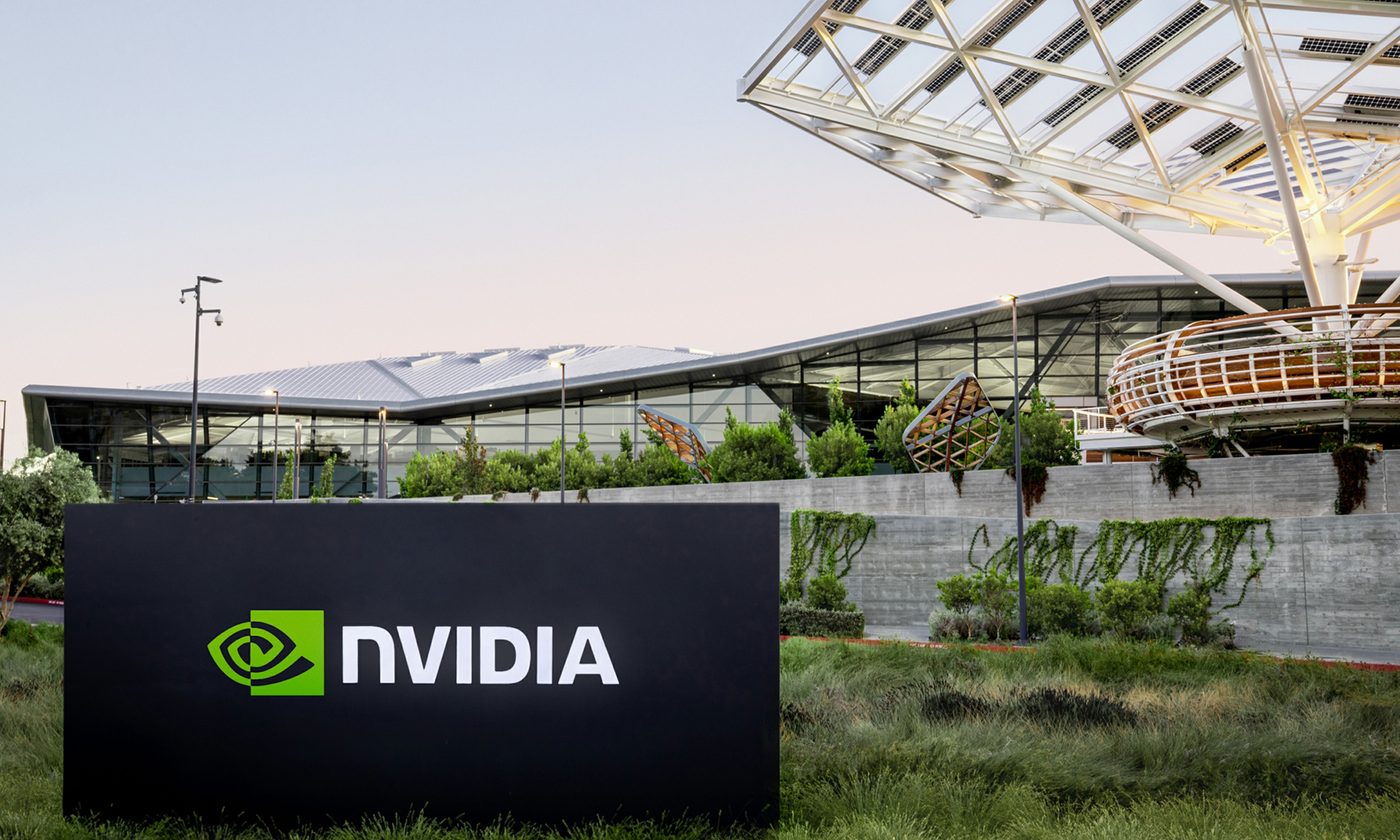Given the unprecedented level of demand Nvidia (NVDA 0.29%) continues to witness from data centers for its graphics processing units (GPUs) and related services, the company is widely regarded as a measuring stick for the health of the artificial intelligence (AI) sector.
On Nov. 19, the parallel processor king is scheduled to report its results for the third quarter. Curiously, however, filings have revealed that Japanese investment conglomerate SoftBank just unloaded its entire stake in Nvidia for a cool $5.8 billion.
Let's break down what may have influenced SoftBank's decision to cash out of Nvidia and whether this is a bearish signal to investors in the chip stock.

NASDAQ: NVDA
Key Data Points
Why did SoftBank take its profits in Nvidia?
The slide below was buried deep within SoftBank's most recent financial update. As it shows, the firm sold its position in Nvidia for about 867 billion yen (roughly $5.8 billion).

Image source: SoftBank.
While that figure may be the biggest attention-grabber on the slide, SoftBank provided investors with a good deal of useful information pertaining to why the company took its gains. First, SoftBank, along with Oracle and OpenAI, is a leader of Project Stargate. That joint venture's plan is to invest $500 billion into AI infrastructure projects over the next four years, deploying clusters of GPUs and constructing data centers at a global scale.
Moreover, back in September, SoftBank joined both Nvidia and the U.S. government as an investor in Intel. In addition, SoftBank previously committed to an investment of up to $40 billion in OpenAI. Per the disclosures on the slide above, SoftBank is aiming to bring its investment in OpenAI to $22.5 billion by December.
Other notable upcoming transactions include SoftBank's planned $6.5 billion acquisition of Ampere, which it should close on by the end of this year, as well as a $5.4 billion takeover of Abb's robotics business that's scheduled to close sometime in 2026.
All told, SoftBank has tens of billions of dollars in commitments spread across AI infrastructure projects, as well as other bets on individual companies that are participating in the AI revolution. Against this backdrop, it's not entirely surprising that the conglomerate decided to take some profits and redeploy them toward funding its other ambitions.
Should Nvidia investors be worried?
Although the timing of SoftBank's sale relative to Nvidia's upcoming earnings date appears curious, I do not think legendary CEO Masayoshi Son is privy to any bearish knowledge here that the rest of Wall Street isn't. Rather, Son is simply exercising prudent financial judgment -- rotating capital out of one investment that has already delivered multibagger returns and into other large-scale projects.

Image source: Nvidia.
In my view, there are two key takeaways here. First, SoftBank probably needed to bolster its liquidity profile to ensure its various deals cross the finish line on their intended timelines. Given Nvidia's unusually high stock price returns over the last few years, it makes financial sense for SoftBank to sell its position and redeploy that capital.
In other words, SoftBank couldn't justify holding onto its Nvidia position for much longer only to earn maybe a few extra points' worth of gains. Son is not in the business of counting pennies and missing dollars. Right now, SoftBank has more pressing investments to fund, and the Nvidia stake was perhaps the company's best -- and likely most obvious -- source of capital with which to do so.
The other big takeaway here is that many of SoftBank's ancillary investments in the AI landscape touch Nvidia in a peripheral sense. The funds that flow toward OpenAI, Project Stargate, and other businesses across robotics and next-generation central processing units (CPUs) will wind up benefiting Nvidia in the long run because so many of these companies and initiatives are either racing to procure Nvidia's hardware or actively collaborating with the chip designer in some capacity.
With these dynamics in mind, I am not worried as an Nvidia investor. If anything, there's a valid contrarian argument to be made that SoftBank's decision to cut Nvidia from its portfolio in exchange for a broader exposure to the AI infrastructure market actually implies a tailwind for the chip king in the long run.
For these reasons, I think Nvidia remains one of the most durable opportunities of the AI infrastructure era, and I do not see compelling reasons for long-term investors to follow SoftBank's decision to sell at this point in time.






